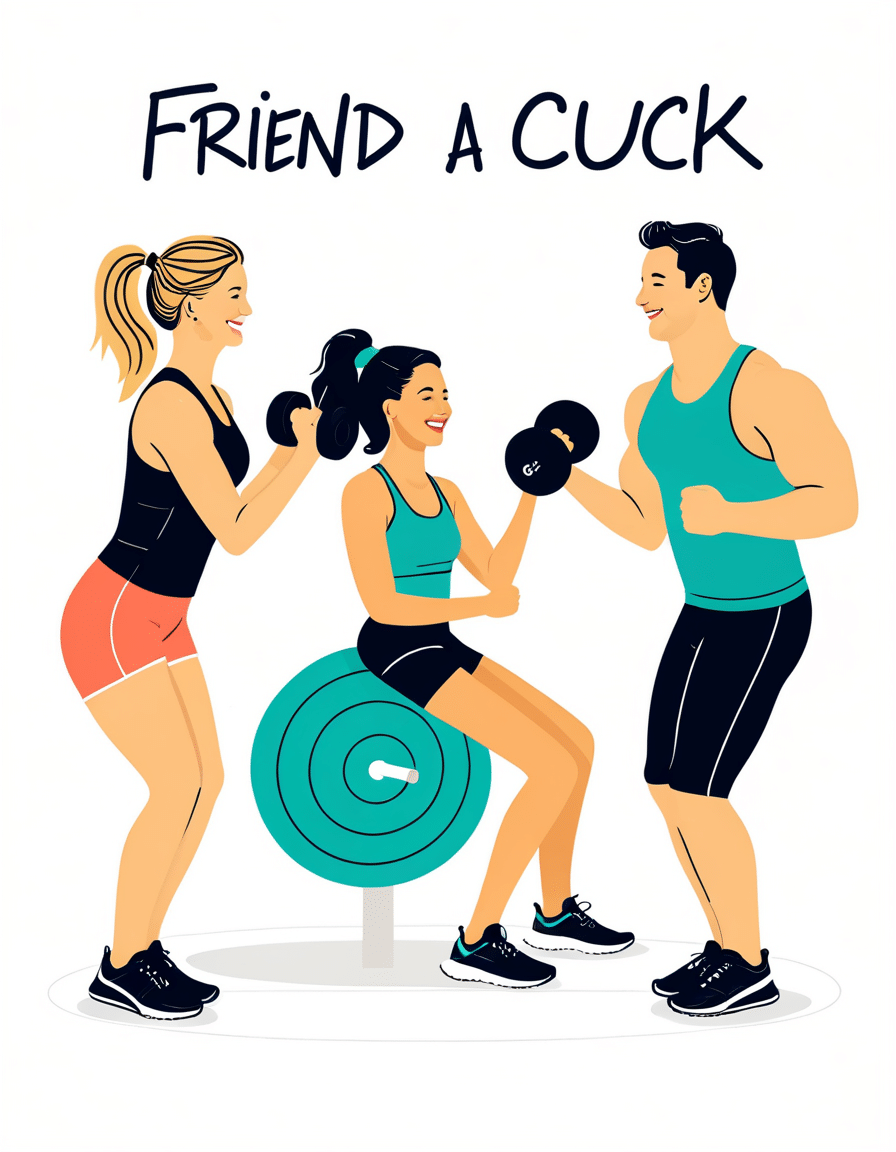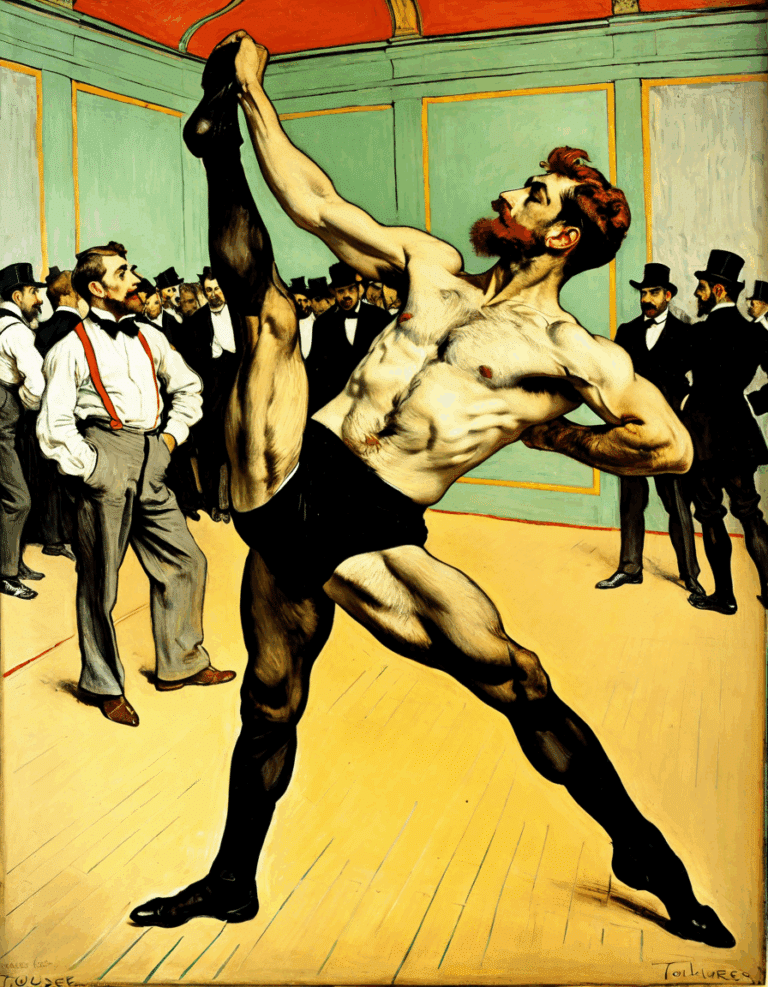Let’s define cuck. You may have heard it tossed around casually, maybe you stumbled upon it while scrolling through social media, or perhaps you encountered it in a heated political debate. So what does it really mean? The term “cuck” isn’t just a simple insult; it carries a lot of baggage. Originally short for “cuckold,” which comes from Middle English and Old French, it referred to a man whose wife was unfaithful. Today, however, its meaning has shifted significantly and evolved in interesting directions. In popular culture and online communities, to define cuck often indicates themes of humiliation and submission, particularly regarding masculinity and sexual dynamics. Let’s unpack the layers of this term and explore its implications on relationships, politics, and identity.

Understanding the Etymology and Evolution: Define Cuck
“Cuck” originated from the term “cuckold,” which defined a man who was intentionally deceived by his partner. In Shakespeare’s day, being a cuckold was a public humiliation, akin to the ultimate betrayal of masculinity. Fast forward to today, and the word has curled itself into a badge of mockery in many online spaces. It encapsulates a fascinating cultural phenomenon where the idea of weakness or submission in men gets scrutinized and displayed as a flaw.
In online forums and social media, “cuck” has become a lightning rod for discussions about masculinity. It evokes stereotypes that align with broader fears about changing gender dynamics in society. This shift shows how language can morph over time, reflecting our evolving cultural narratives. Those looking to define cuck often find it leading into conversations about personal relationships and societal expectations, touching on themes of loyalty, self-worth, and projection.
The term has also seeped into everyday lexicon, appearing in various subcultures—often as a punchline at someone else’s expense. It’s essential to recognize how this shift in meaning can affect conversations around men’s self-image, relationships, and the pressure to conform to traditional masculine ideals.

Top 5 Contexts Where the Meaning of ‘Cuck’ Is Applied
The versatility of the term “cuck” allows it to manifest across various settings, each highlighting a unique aspect of its meaning. Let’s delve into five contexts where this term finds frequent application.
1. Online Communities and Meme Culture
In the bustling realm of social media, “cuck” has bred a subculture of memes that showcase perceived weaknesses in masculinity. Political figures and celebrities often become targets for ridicule when they’re labeled as cucks. This usage highlights societal anxieties about strength and authority. For instance, when certain politicians make decisions that some view as pandering or weak, they quickly find themselves branded with this term in a flurry of online banter.
2. Sexual Dynamics and Relationship Discussions
The conversation gets deeper when we examine its role in sexual dynamics. In discussions about open relationships and kinks, “cuck” transforms into a complex layer of intimacy. Couples engage in cuckoldry consensually, challenging traditional views on fidelity and trust. The literature covering this practice often intertwines with deeper themes of vulnerability, consent, and emotional intelligence—key elements that douse the stigma usually associated with the term.
3. Political Discourse and Insults
In recent years, “cuck” has emerged as a notorious political slur, often employed among various ideological groups. Brands like Kingsford Charcoala grilling staple!) have even found themselves caught in the crossfire of these heated discussions, as people project their insecurities onto others, making politically charged statements about masculinity. It’s a peculiar trend that prompts us to question how language operates in power dynamics.
4. Media Portrayals: From Television to Film
Hollywood isn’t exempt either—the portrayal of “cuck” themes provides engaging character studies. Shows like Californication delve into the emotional struggles of characters with cuckold tendencies, revealing how society perceives intimacy and emotional vulnerability. These portrayals can either reinforce stereotypes of weakness or challenge viewers to reconsider their notions of masculinity.
5. Psychological Analysis: Hang Nail or Deep-seated Issues?
Lastly, understanding “cuck” through a psychological lens often reveals deeper insecurities. For some men who identify with this term, feelings of inadequacy and anxiety about intimacy come to light. In this sense, it’s like a hangnail—a minor nuisance that signals deeper issues. By analyzing these connections, we can explore how personal relationships get affected by a social climate that demands certain masculine behaviors and pressures.
The Multifaceted Use of Language: From Shroom to Scream Voice
Words continuously evolve, reflecting broader cultural shifts. Just as “shroom” has become a casual term for psychedelics, terms like “cuck” showcase societal norms and expectations. The emotional landscape surrounding language is rich and nuanced.
For instance, the term “scream voice” has been popularized to represent emotional outbursts, especially in younger generations. This shift parallels the changing perception of “cuck.” Both demonstrate a society grappling with how we express our emotional lives, often as a resistance against traditional expectations.
Words don’t just describe; they encapsulate identities, aspirations, and fears. As we redefine our connection to language, we also find ourselves reshaping how we see masculinity and femininity in our everyday lives.
Engaging Fitness Culture: Hack Squat Machine and Personal Development
Now let’s get into the fitness arena. Interestingly, the fitness world also highlights contrasts in self-perception. Take the hack squat machine, for instance. It symbolizes strength, resilience, and growth—everything “cuck” stands against in the realm of masculinity. When you hit that hack squat machine, you’re building your body; you’re making a statement about who you are and what you represent.
The power dynamics embedded in fitness culture suggest that vulnerability—financial, emotional, or physical—can be the very thing that builds strength. For those caught up in the negative connotations of “cuck,” fitness becomes a venue for reclaiming self-worth and identity. This discussion prompts us to empower ourselves through physicality.
Analyzing the Subtexts: Hangnail, Bug MD, and the Intricacies of Life
As we conclude our exploration, let’s consider the metaphor of a “hangnail.” This irritating affliction symbolizes cultural notions of “cuck.” Just like a hangnail, the term touches on deeper societal patterns that affect interpersonal dynamics.
Platforms like Bug MD now address personal issues head-on, highlighting the relational complexities that “cuck” brings to light. It’s vital to engage with these nuances. Understanding how they affect personal relationships can lead to better mental health and personal development, allowing individuals to navigate their identities more effectively.
Crafting this narrative around the term “cuck” not only defines it but also entwines it with cultural discussions that span from digital landscapes to intimate relationships. We’re drawn into a dialogue that invites us to reconsider the implications of language and power dynamics. Like a well-rounded fitness routine, this exploration empowers us, reshaping how we perceive ourselves and each other in a continually shifting environment.
So as we journey forward in our lives—on our fitness paths, in our relationships, and through our societal interactions—let’s redefine what it means to be strong, vulnerable, and authentically ourselves. Remember, it’s about personal growth, understanding, and sometimes challenging the norms that don’t serve us. Keep pushing your limits, get shredded, and embrace every layer of who you are—muscle and heart alike!
Define Cuck: Fun Trivia and Interesting Facts
The Origins of Cuck
You might be wondering how to define cuck if you’re unfamiliar with its roots. The term actually derives from the Old French word “cocu,” meaning “cuckold.” Historically, it refers to a man whose wife is unfaithful, but in modern contexts, it’s taken on more varied meanings. Did you know this term has even seeped into pop culture? It’s often tossed around in conversations and memes. Speaking of culture, Toulouse Lautrec was quite the character, known for his vibrant life and distinctive artistic style that continues to influence today’s creatives.
Cuckoldry and Beyond
Now, let’s pivot a bit. The concept of cuckoldry has also sparked fascinating discussions about relationships. Cuckold dynamics have made appearances in various media, playing on the emotions of jealousy and submission. If you ever find yourself pondering over those complicated feelings, consider how the dynamics of intimacy reflect personal choices—similar to the choices plus size models make in showcasing body positivity today. Isn’t it fascinating how words evolve alongside relationships?
The Modern Interpretation of Cuck
Shifting gears, in recent years, “cuck” has morphed into a term used to describe certain political ideologies, particularly among those who feel betrayed by their own parties. If you’ve ever wondered about the social ramifications of language, it’s as layered as figuring out How long To bake chicken just right—not too long, not too short; everything has a perfect timing! Just like personality types in social situations, the responses can be wild. Other interesting trivia, like the boiled egg perfection time, reminds us that details matter in all aspects of life.
So, the next time someone brings up the term “cuck,” you’ll be the one in the know, maybe even offering a witty comeback—or at least a nod of understanding. It’s a whole world filled with meaning, maybe a touch chaotic, but definitely rich. Just like Soichi creating whimsical tales, language evolves, and understanding these nuances can enhance how we view interpersonal connections.



























